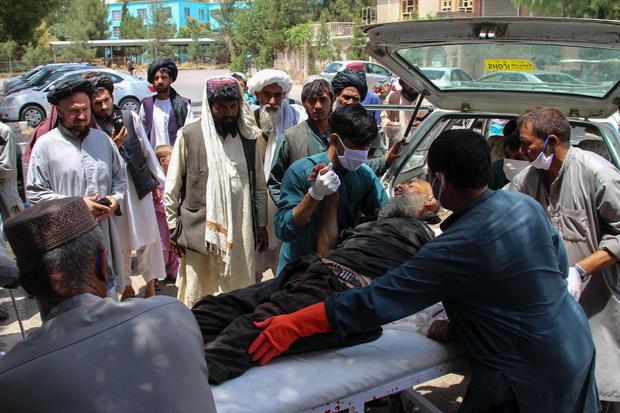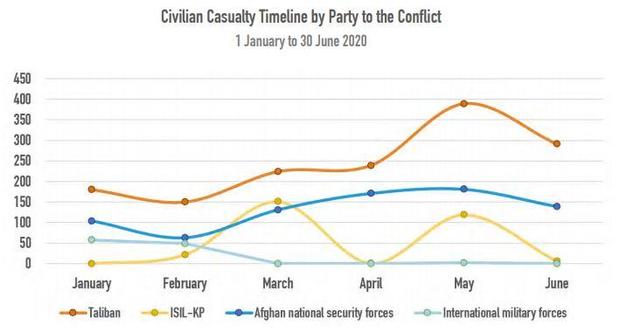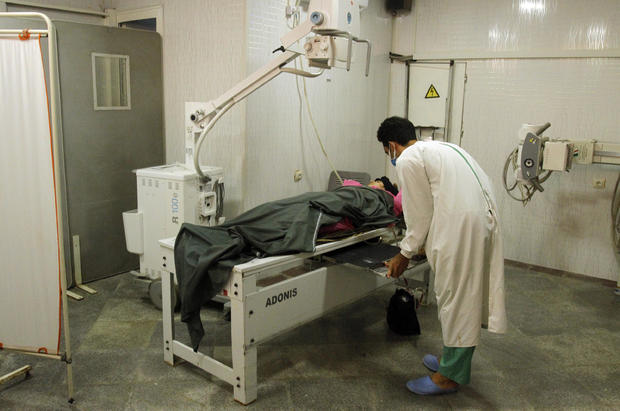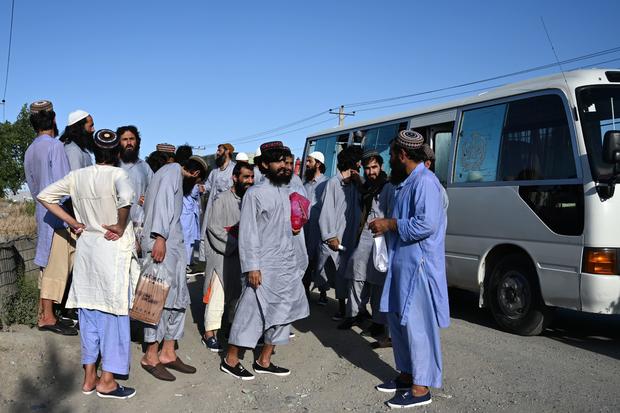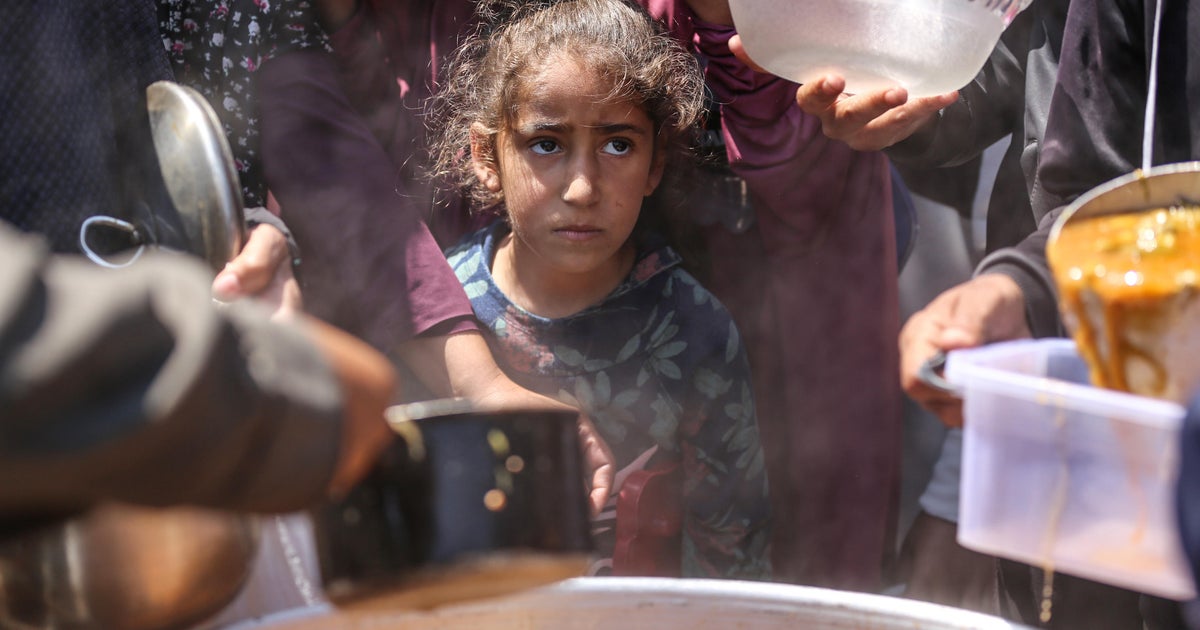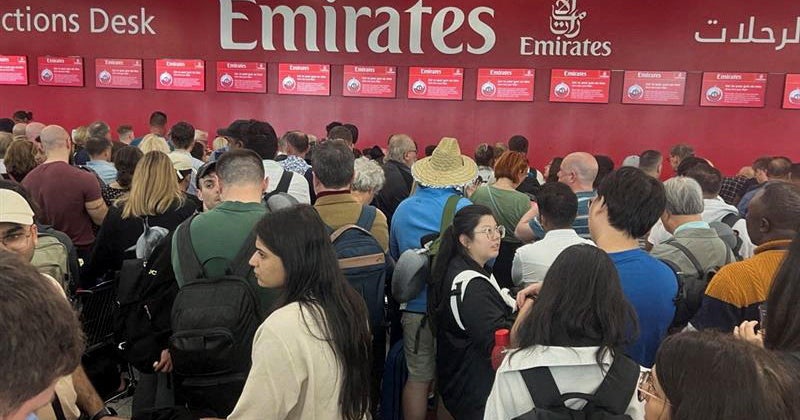U.S.-Taliban deal brings little respite for Afghanistan's battered civilians
The United Nations documented almost 3,500 civilian casualties in Afghanistan during the first half of 2020, a slight decrease on the year but still a worrying figure given that an agreement between the U.S. and the Taliban took effect early this year designed to bring a "significant" reduction in violence. The mid-year report released Monday by the UN mission in Afghanistan (UNAMA) blames Taliban militants for 43% of the civilian casualties, and warns the war remains one of the deadliest in the world.
The casualty figures include 1,282 deaths and 2,176 injuries, representing an overall drop of 13% compared to the same period in 2019, and the lowest since 2012. However, the drop in civilian casualties is primarily attributed to a sharp reduction in operations by U.S. and allied international forces, along with a drop in attacks by the ISIS affiliate in the country.
American forces have significantly reduced their operations in Afghanistan since the deal with the Taliban militants was signed. The Trump administration continues to push both the Taliban and the Afghan government to meet the terms of that agreement, which calls for mutual prisoner exchanges and a reduction in Taliban attacks, to enable the U.S. military to disengage from the two-decade war.
There is a major drop in civilian casualties blamed on the international coalition starting in February, when the Taliban agreement came into effect: In the second quarter of 2020, not a single civilian causality was blamed on the U.S. military or its foreign partners.
But Taliban attacks and clashes with Afghan forces have continued with devastating effect, even increasing since February. According to the report, the Taliban were responsible for 1,473 civilian casualties (580 deaths and 892 injuries) between January and June. And the Afghan forces fighting back is also leaving more civilians dead and injured.
Afghan security forces were blamed for 789 civilian casualties, including 281 deaths and 508 injuries, representing a 9% increase compared to the same period in 2019. That means that while the overall civilian toll is down, there's been no change in the impact of the Taliban's war with the Afghan government on civilians.
"It must be noted that there has been no reduction in civilian casualties caused by the Taliban and Afghan national security forces," said the UN report.
Ground engagement and the use of improvised explosive devices were found to be the two leading causes of civilian casualties, respectively, followed by targeted killings.
UNAMA released its mid-year report with the fate of the U.S.-Taliban agreement caught in the balance of a standoff between the insurgency and the government in Kabul. The Afghan government has been reluctant to release a final group of about 600 Taliban prisoners — part of the prisoner swap laid out in the U.S. agreement with the militants.
The deal called for the release of up to 5,000 Taliban prisoners from Afghan jails and, in return, the insurgents were to free nearly 1,000 Afghan security forces.
Both the U.S. and the Taliban are calling on Kabul to release the last group of Taliban militants, but officials in Kabul say there are serious criminals on the list, and they've refused to authorize the release thus far. The impasse has become the last real obstacle to the U.S.-designed peace process moving onto the next step: the start of long-elusive direct talks between the Taliban and the Afghan government.
"At a time when the Government of Afghanistan and the Taliban have a historic opportunity to come together at the negotiating table for peace talks, the tragic reality is that the fighting continues inflicting terrible harm to civilians every day," said Deborah Lyons, the UN Secretary-General's Special Representative for Afghanistan.
In response to the UNAMA report, the Afghan government's national security council released a statement blaming the Taliban for the "vast majority of the civilian causalities, either directly or by creating and enabling environment for other terrorist groups to attack civilians."
The Taliban did not immediately react to the UNAMA report.
